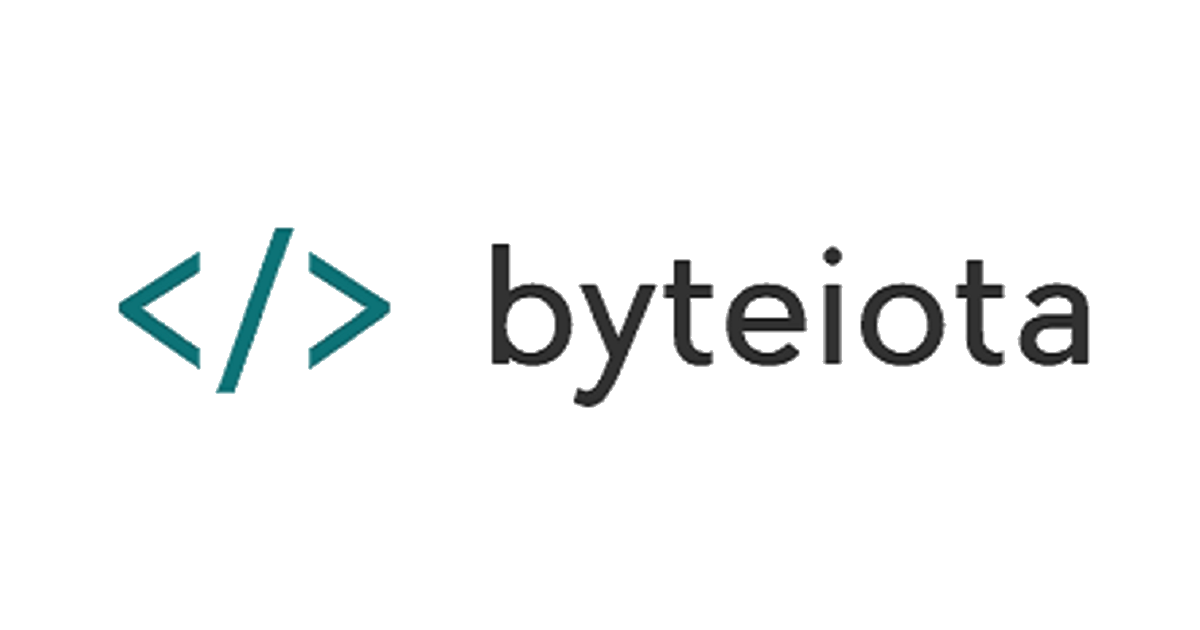
After years of being the world’s toughest tech regulator, Europe just blinked. The European Commission announced yesterday that it’s proposing major changes to weaken GDPR privacy protections and delay AI Act enforcement. The move comes after months of intense pressure from Big Tech, the US government, and internal critics who argue EU regulations are killing European competitiveness in AI. For an industry used to Brussels setting the standard, this is a stunning reversal.
What’s Actually Changing
The Digital Omnibus proposal makes three significant GDPR amendments. First, companies can now legally use anonymized and pseudonymized personal data to train AI models, provided they comply with other GDPR requirements. Second, “non-risk” cookies won’t trigger pop-ups anymore—browsers will manage preferences centrally instead. Third, smaller companies get simplified AI documentation requirements to reduce compliance burden.
The AI Act changes are equally notable. High-risk AI system rules, originally scheduled for summer 2025, are now delayed indefinitely until “standards and tools are available.” The EU is also centralizing AI oversight into its AI Office for unified enforcement across member states.
The AI training data change matters most for developers. Pseudonymized datasets were previously off-limits for most machine learning work. That restriction just evaporated. Cookie simplification means less annoying UX, but you’ll need to understand the new “non-risk” classification system to implement it correctly.
The Pressure Campaign That Worked
This policy shift didn’t happen in a vacuum. Europe faced a perfect storm of pressure from multiple directions. Big Tech spent months lobbying that regulations hamper innovation. The Trump administration applied direct diplomatic pressure over competitive disadvantages for US companies. Internal critics like Mario Draghi—former ECB head and ex-Italian Prime Minister—publicly called for reducing “burdensome tech regulation.”
But the real driver is Europe’s competitiveness crisis in AI. The brutal reality: Europe has essentially zero credible AI competitors. The global AI race is dominated by OpenAI, Google, Anthropic, and Chinese companies like DeepSeek. No European AI lab competes at that level. Europe wrote the rulebook but can’t build the products. That’s the context for this reversal.
Privacy Advocates Are Furious
The reaction from privacy groups has been harsh. Leaked drafts sparked outrage from civil rights organizations who accuse the EU of “weakening fundamental safeguards” and “bowing to Big Tech.” There’s a framing war happening over what this actually represents.
The EU Commission insists they’re “simplifying, not weakening” and that fundamental rights remain protected. Critics say Europe folded—that the GDPR is sacred in Brussels, and the Commission just gutted it for Silicon Valley. The Verge’s assessment was blunt: “After years of staring down the world’s biggest tech companies, Europe has blinked.”
The proposal now goes to European Parliament and 27 member states for approval. It needs a qualified majority. If GDPR and the AI Act’s passage is any guide, expect a months-long political firestorm with significant amendments likely.
What This Means for Developers
AI and machine learning developers get the biggest practical benefit: easier access to pseudonymized training data. That’s huge for European AI startups competing with well-funded US labs. The extended timeline for high-risk AI compliance provides breathing room, though the indefinite delay creates planning challenges.
Web developers will eventually deal with simpler cookie implementations. Browser-level controls could fundamentally change how consent works. But you’ll need to master the new “non-risk” cookie taxonomy—defining what qualifies will be the next compliance headache.
The bigger picture: this is still just a proposal. Nothing changes until Parliament and member states approve it, which could take until mid-2026 or later. Parliamentary debate will likely introduce amendments. Don’t rewrite your compliance infrastructure yet.
One Win Everyone Agrees On
At least there’s one universally popular change: fewer cookie pop-ups. The Verge called it “one change that’s likely to please almost everyone.” Under the new rules, “non-risk” cookies won’t trigger those intrusive banners that plague every website. Is this enough to justify rolling back GDPR protections? Probably not. But it’s a small UX win in an otherwise controversial package.
The Bigger Question
Europe’s dilemma was always clear: write strict rules or build innovative products. Turns out you need the products to have leverage. Without a single European AI company competing globally, Brussels had no cards to play when Big Tech and Washington came knocking. This rollback is the consequence of that strategic failure. Whether “simplifying” regulations changes that dynamic remains to be seen.


